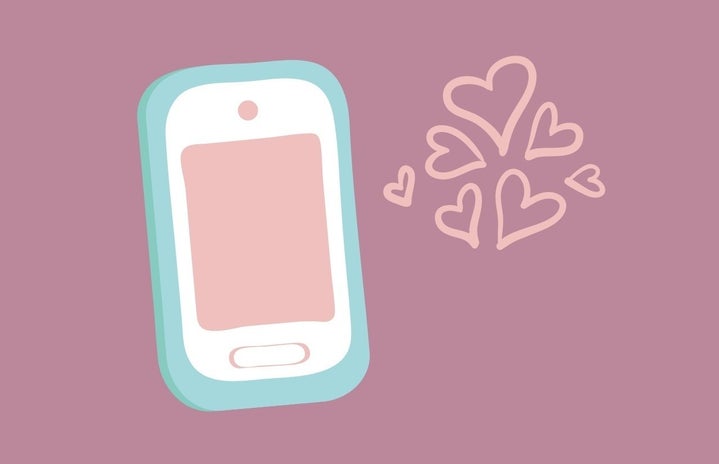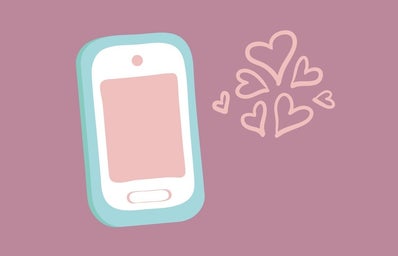The weather has cooled down, holiday drinks are back at Starbucks, and cuffing season is in full swing. Maybe you’re enjoying hanging out with your significant other, or you’ve already met a new boo, or perhaps you’ve downloaded a dating app in hopes of meeting someone new to cuddle up to this winter.
Dating apps like Tinder, Bumble, and Hinge are widely popular, especially among young people. According to Pew Research Center, 48% of 18-to-29-year-olds say they’ve used a dating site or app.
On college campuses, where many people leave their hometown friends and need quick ways to connect with others, dating apps can feel like a lifeline. Their convenience is unparalleled, and apps make reaching out to new people less nerve-wracking than approaching someone in person. They allow users to quickly sort through hundreds of potential matches, sometimes even filtering out people based on their profile’s characteristics.
However, dating apps aren’t just quick tickets to romance—they can pose real risks to safety, self-esteem, and overall satisfaction with relationships.
Dating apps can pose real risks to safety, self-esteem, and overall satisfaction with relationships.
Dating apps can leave people vulnerable to unwanted harassment, unsolicited sexual content, or catfishing. This is especially true for younger women. Six in ten 18-to-34-year-olds reported someone from a dating app continuing to contact them after they said they were uninterested. Over half reported receiving a sexually explicit message or image they didn’t ask for.
This harassment can erode trust in dating and make women feel unsafe, which no one deserves, especially when searching for a romantic connection. Dating apps have taken steps to stop undesirable behavior, but harassment remains a problem, especially when people move their communication off of the app and away from its monitoring.
In addition to posing risks to safety, dating apps can also do a number on users’ mental health and self-esteem. A 2016 study by the University of North Texas found that Tinder users had lower reported levels of “psychosocial well-being and more indicators of body dissatisfaction” than those who didn’t use dating apps. This phenomenon was because dating apps, especially photo-based ones like Tinder, expose users to frequent rejection, which can take a toll over time.
These dating apps encourage users to prioritize physical attractiveness when swiping, putting other traits (intelligence, humor, personality, etc.) at the wayside. This could be harmful to overall well-being and put an undue emphasis on physical looks rather than other attributes necessary to developing relationships.
Dating apps can also create dissatisfaction with dating and relationships in general. There are seemingly endless choices on dating apps, which can trick users into thinking about potential matches in terms of volume rather than compatibility. When we stop focusing on finding “the one” and wonder why we are or aren’t getting a large volume of matches, we focus on individual potential relationships and decrease our chances of a successful relationship overall.
How do dating apps change the way you think about yourself?
This article isn’t a call to completely stop using dating apps for good, but instead to take the time to rethink how we use them. Dating apps can help people find enduring and positive relationships, and there are plenty of love stories that begin with a swipe right. Meeting online has become the most popular way for couples to meet. However, they can also cause us to reframe our thinking about dating in unhealthy and unproductive ways.
Taking a break from using dating apps and reflecting on our engagement with them could help us evaluate whether the apps are no longer serving us. Are we actively looking for specific connections and focusing on individual potential, or are we passively swiping to pursue external validation? Are negative interactions on dating apps making us feel disrespected, unworthy, or unsafe?
This cuffing season, I challenge you to delete your dating apps and focus on how you feel in the here and now. Give yourself the space to build a relationship with yourself before inviting others into your world – and who knows? Maybe you’ll find love the old-fashioned way.


